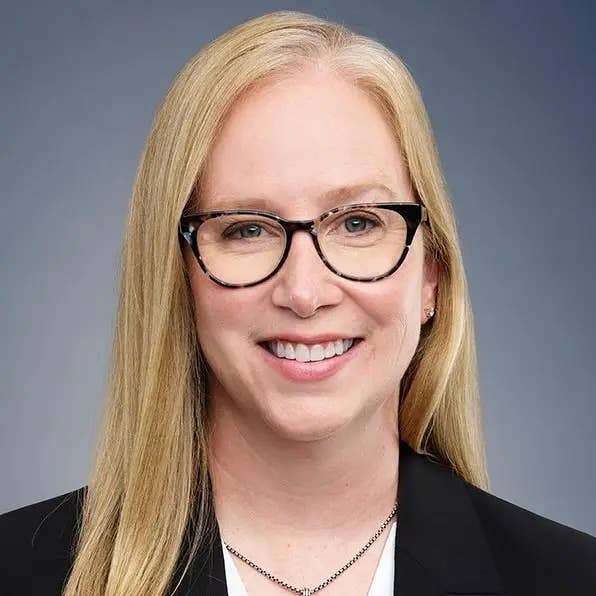Strengthening Our Commitment to a Skills-based Future
The way people prepare for and find jobs is changing. Employers are shifting from traditional hiring based on degrees and job titles to a more skills-focused approach. The Open Skills Network (OSN), managed by Western Governors University, has been at the forefront of this movement, working to make skills the common language between education and employment.
As the interim executive director of OSN, I want to share an important milestone in our journey. The Open Skills Management Tool (OSMT) and Rich Skill Descriptors (RSDs) — two resources that help employers and educators better define, organize, and share skills data — are transitioning to Credential Engine. This move ensures that these tools will continue to grow and be used widely across industries, making skills-based learning and hiring even more accessible.
Why This Matters
For too long, degrees have served as the primary qualification for many jobs, even when the skills required could be gained through experiences like workforce training, apprenticeships, or self-study. A skills-based approach breaks down barriers by focusing on what individuals can do rather than just where they went to school, degrees they’ve earned or what job titles they’ve held.
OSN was created to help accelerate this shift by providing tools and frameworks that allow organizations to use skills-based hiring and education more effectively. OSMT, an open-source platform, helps organizations manage and share skill definitions, while RSDs provide a standardized way to describe skills so they are understandable to employers and educators. As demand for skills-based hiring and education continues to grow, it’s essential that these tools evolve to meet that demand. Credential Engine is the right organization to lead this next phase.
Credential Engine specializes in making education and workforce data more transparent and connected. By integrating OSMT and RSDs into its existing tools, Credential Engine will help more organizations align skills with job opportunities in a way that is easy to understand, compare, and use.
OSN’s Ongoing Role
Even as OSMT and RSDs move to Credential Engine, OSN’s mission remains the same: advancing a skills-based economy by bringing together employers, educators, and workforce organizations to build and share best practices. OSN will continue to:
Lead the skills conversation by fostering collaboration between key stakeholders.
Support implementation strategies that help organizations put skills-based hiring and learning into practice.
Encourage innovation in how skills are recognized and used in the labor market.
WGU’s Leadership in Skills-Based Learning
Western Governors University (WGU) has long been a leader in skills-based education, pioneering competency-based learning that allows students to earn degrees based on their mastery of skills rather than just time spent in a classroom.
As OSN evolves, WGU remains deeply committed to facilitating and expanding skills-based education and hiring at the national level through the community of practice and as a contributor to the Credential Registry. Through initiatives like the WGU Skills Library and our skills-based learning approach, we continue to provide students, employers, and educators with transparent, verifiable, and competency-driven pathways to success.
Looking Ahead
I sincerely thank Walmart for supporting skills-based learning and hiring. Walmart’s commitment to workforce development and education has been instrumental in driving meaningful change, ensuring individuals have the opportunities and resources needed to succeed in a skills-driven economy.
The transition of OSMT to Credential Engine reflects growth — both for OSN and the broader skills movement. This transition strengthens the entire skills-based ecosystem, making it easier for employers and educators to define and recognize skills in a way that benefits all learners and workers.
At WGU, we believe that by supporting OSN and the community of practice we can create a future where learning, hiring, and career growth are centered on skills, making job opportunities more accessible and equitable for all.
This is an exciting step forward, and I am grateful to be part of a movement shaping the future of work. Let’s continue this journey together.


